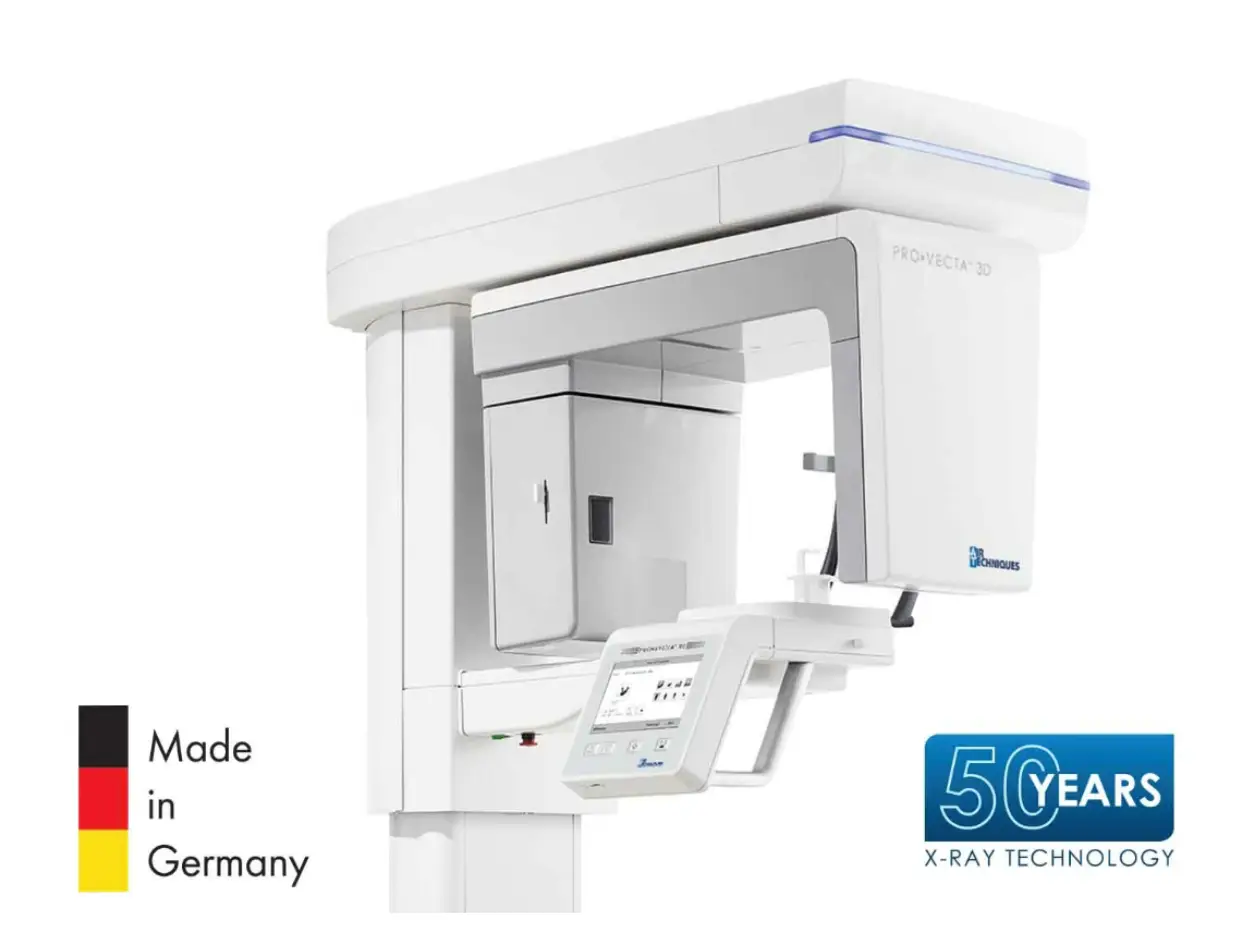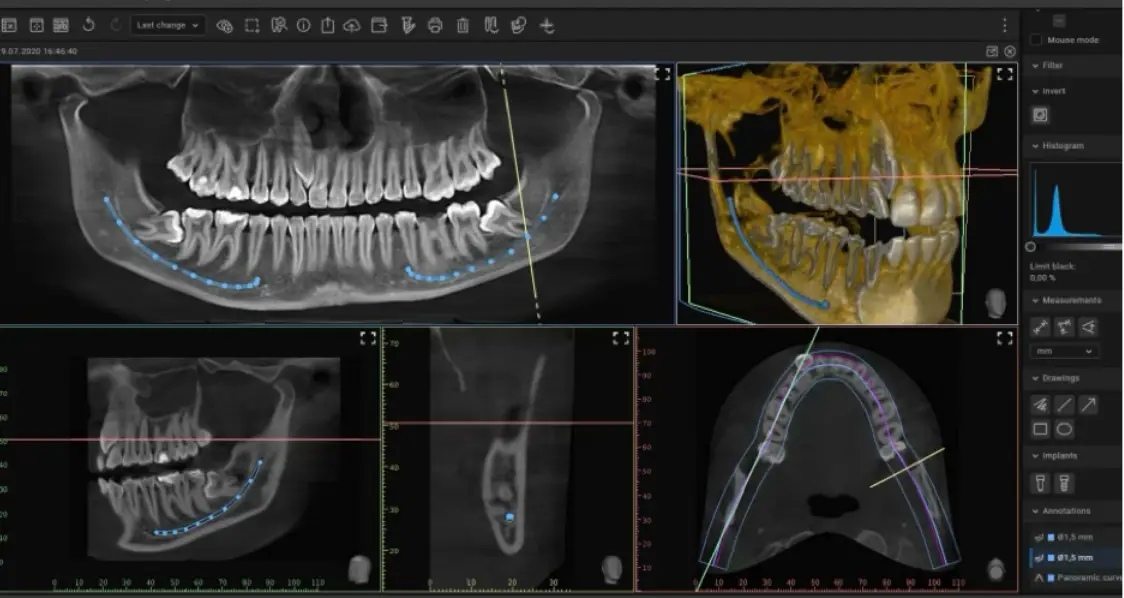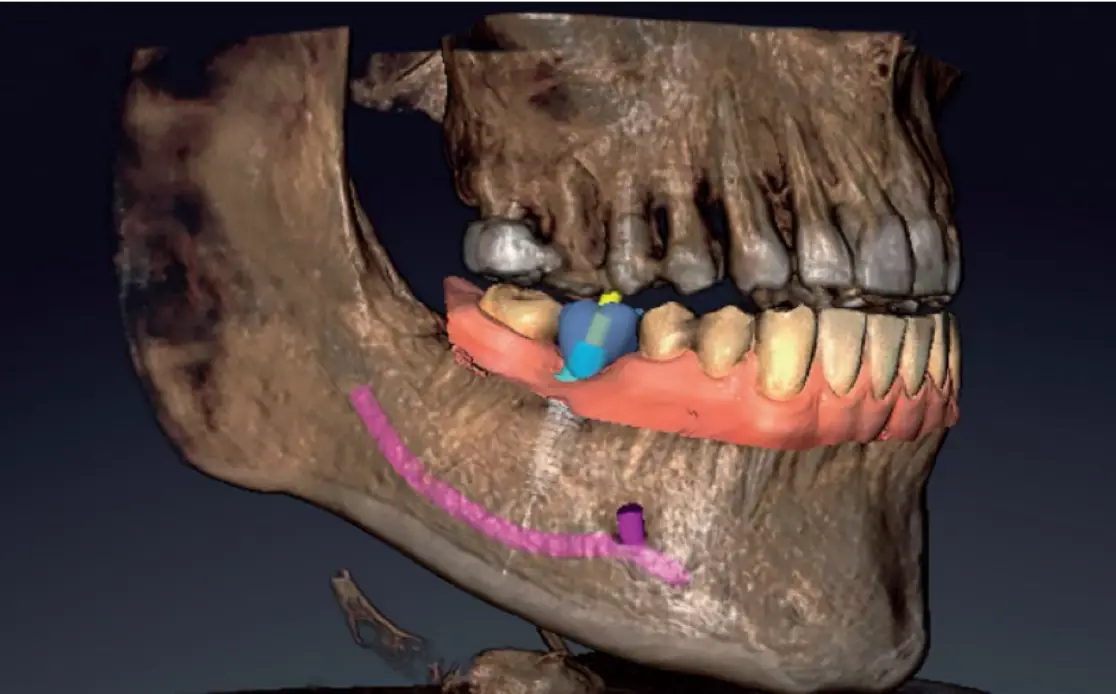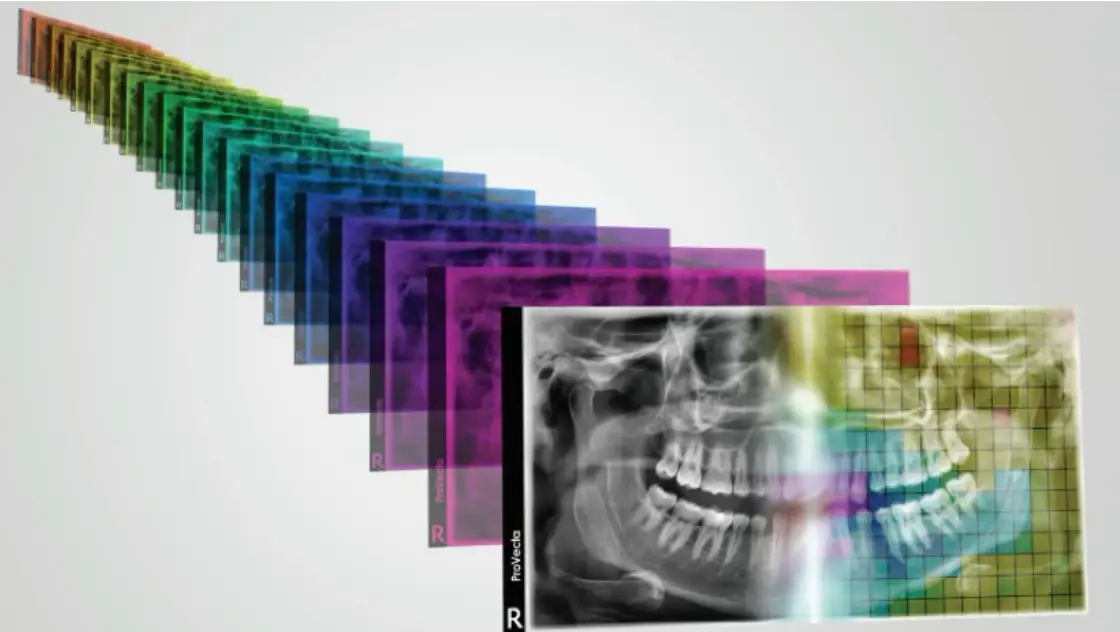
Extractions in Culver City
When problematic teeth are causing you pain and discomfort, you have options. While preserving your natural teeth is always the goal, sometimes extractions are the best way to keep your smile healthy.
Why might I need an extraction?
Problematic teeth negatively impact your overall oral health. Our team prioritizes preserving your natural teeth, but sometimes an extraction is the best way to save your smile. There are various reasons for needing a tooth extracted. Wisdom teeth often cause discomfort that can be relieved through extraction, and some advanced restorative procedures, like dental implants, require the removal of unhealthy teeth. Using gentle techniques and local anesthesia, tooth extractions can be quick and painless.
Get To The Root Of The Problem
With digital x-rays, we get high-resolution images of your teeth that allow us to make more accurate diagnoses. When you’re in pain or experiencing an emergency, we can see why the tooth is reacting and if an extraction is needed.
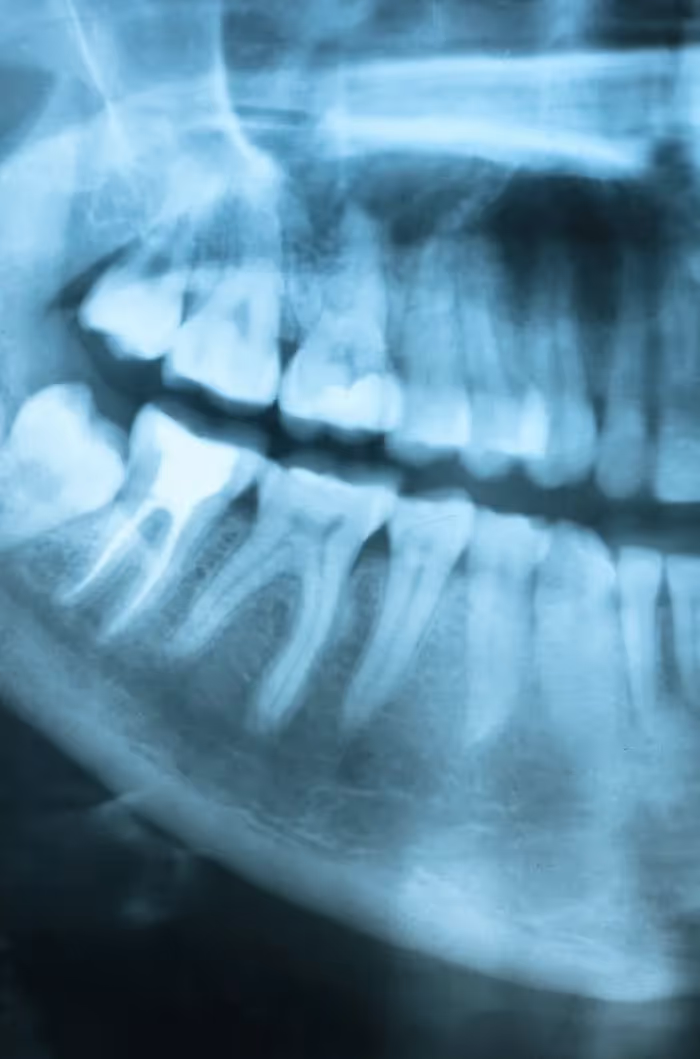
Sedation Options For Maximum Comfort
To ensure your comfort during tooth extraction procedures, we provide effective oral sedation options tailored to your needs. Our experienced team carefully administers appropriate medication to help you feel calm and relaxed throughout your procedure. Your wellbeing is our priority, and we'll closely monitor you to ensure a smooth, comfortable experience in a safe, caring environment.

The Benefits of Dental Extractions
Relieves Pain
If you're dealing with painful wisdom teeth or severe tooth damage, an extraction offers quick relief and restores your comfort.
Treatment Prep
Extractions pave the way for restorative treatments, such as dental implants or dentures, ensuring a strong foundation for long-term dental solutions.
Better Oral Health
Removing damaged or problematic teeth helps protect your oral health, preventing further complications and promoting overall well-being.
The Extraction Process
Treatment Plan
Whether you need a single extraction or several teeth removed in preparation for further treatments, your personalized treatment plan will be tailored to your specific needs. Your dentist will review all available options with you, ensuring you’re fully informed before moving forward in the way that feels most comfortable for you.
Procedure Prep
After thoroughly cleaning and sanitizing the site, your dentist will numb the area with local anesthesia to keep your comfortable throughout the process.
Extraction & Healing
The extraction itself typically takes just a few minutes. Once the tooth is removed, your dentist will clean the area and, if needed, suture the extraction site. Recovery usually lasts 1-2 weeks, and you’ll be provided with detailed aftercare instructions for a smooth, speedy healing process.
Before & Afters
A smile is worth 1,000 words.
See real patient success stories.
Faqs
Frequently Asked Questions
Check out these frequently asked questions, or call us to speak with our team.
Tooth extractions may be needed for patients dealing with extremely severe cavities, significant damage from trauma, or a tooth infection that can’t be resolved with root canal therapy. While most teeth can be saved through crowns or root canals, sometimes extraction is the only viable option.
The most common reason for tooth extractions is improper wisdom teeth growth. If your dentist determines that your wisdom teeth are impacted or not erupting correctly, extraction may be recommended to protect the health of your other teeth. Not everyone requires wisdom teeth removal, so it’s important to consult your dentist to determine if yours pose a problem.
Severe periodontal disease that has loosened a tooth from the gums may also necessitate an extraction. In these cases, your dentist may recommend removing the tooth to prepare for a more secure and lasting replacement option, such as dental implants or dentures.
Thanks to numbing and modern techniques, you won’t experience pain during or immediately after your extraction. However, within a few hours, symptoms like pain, swelling, bruising, and bleeding may develop. These symptoms usually peak within the first 2-3 days but will gradually subside as healing progresses. It’s best to stick to soft foods for 5-7 days after your procedure to avoid aggravating the area.
Full healing generally takes 1-2 weeks. By following the recovery instructions provided by your dentist, you can help speed up the healing process. If you experience significant pain or discomfort beyond 1-2 weeks, it’s important to contact your dentist for a follow-up evaluation.
Extractions required for impacted wisdom teeth, or to remove severely damaged or decayed teeth, are typically covered by insurance. To understand the specifics of your coverage, we recommend contacting your insurance provider directly for more details.
In many cases, we may recommend a bone graft following an extraction. A ridge preservation graft can fill the gap left by the extracted tooth, helping to maintain the strength and structure of your jawbone. This not only protects against bone loss but also creates a stable foundation for a potential dental implant in the future.





